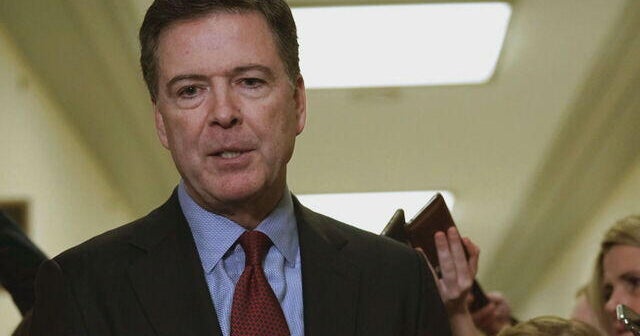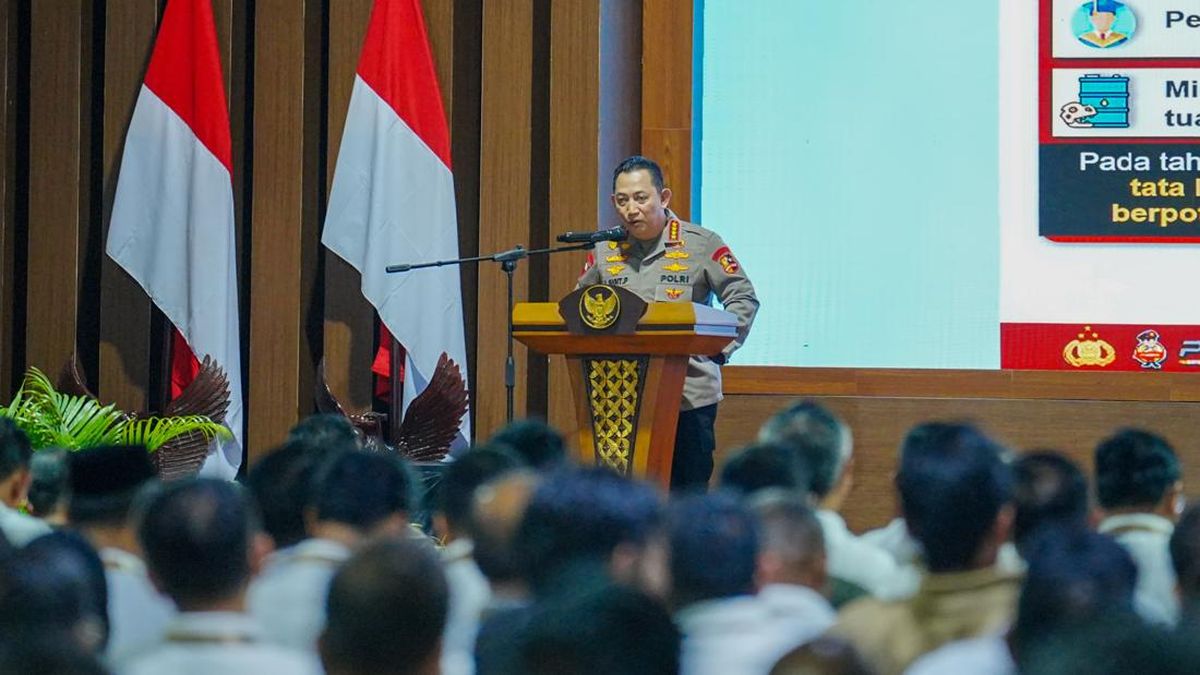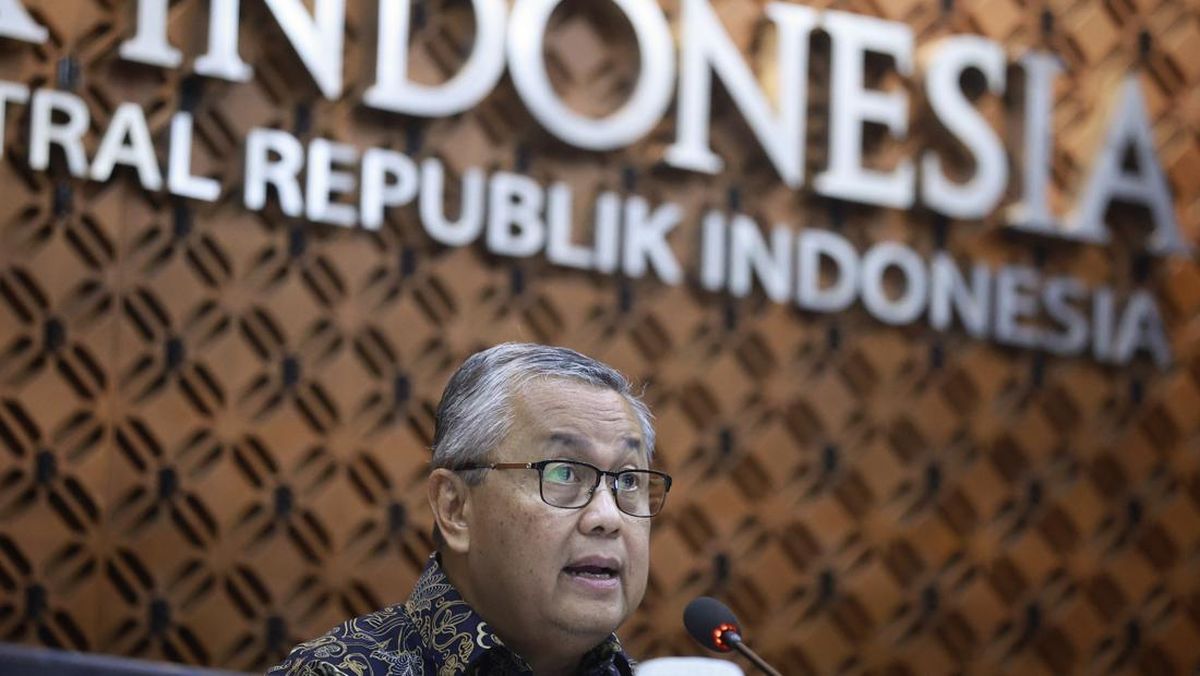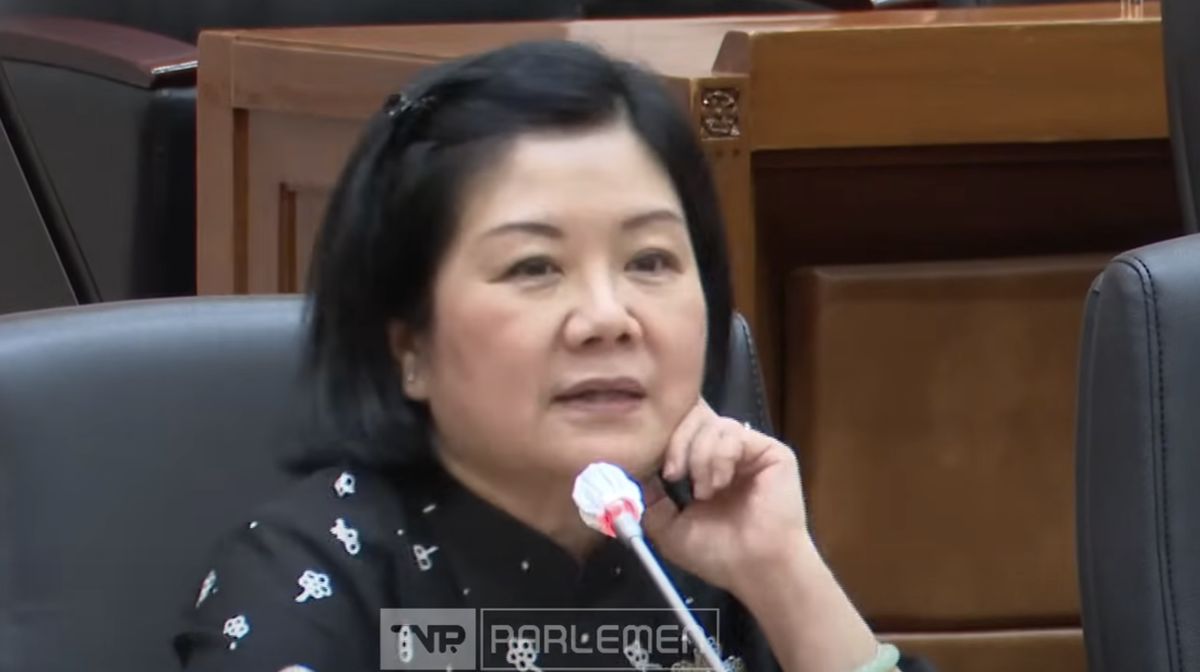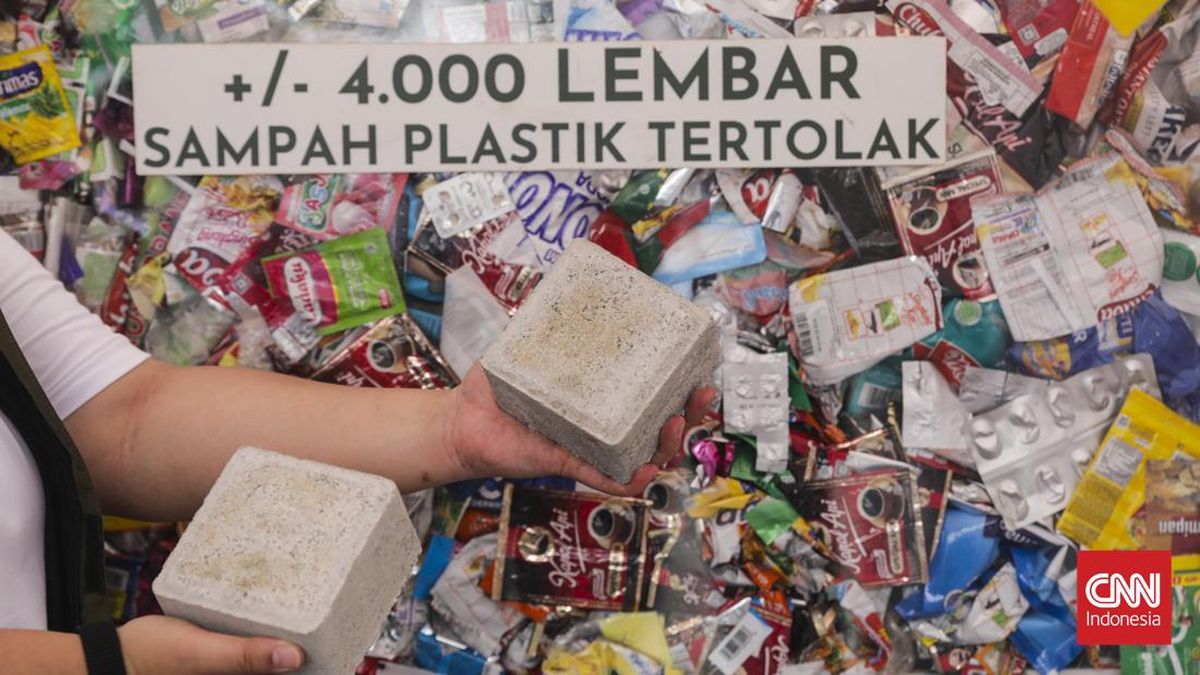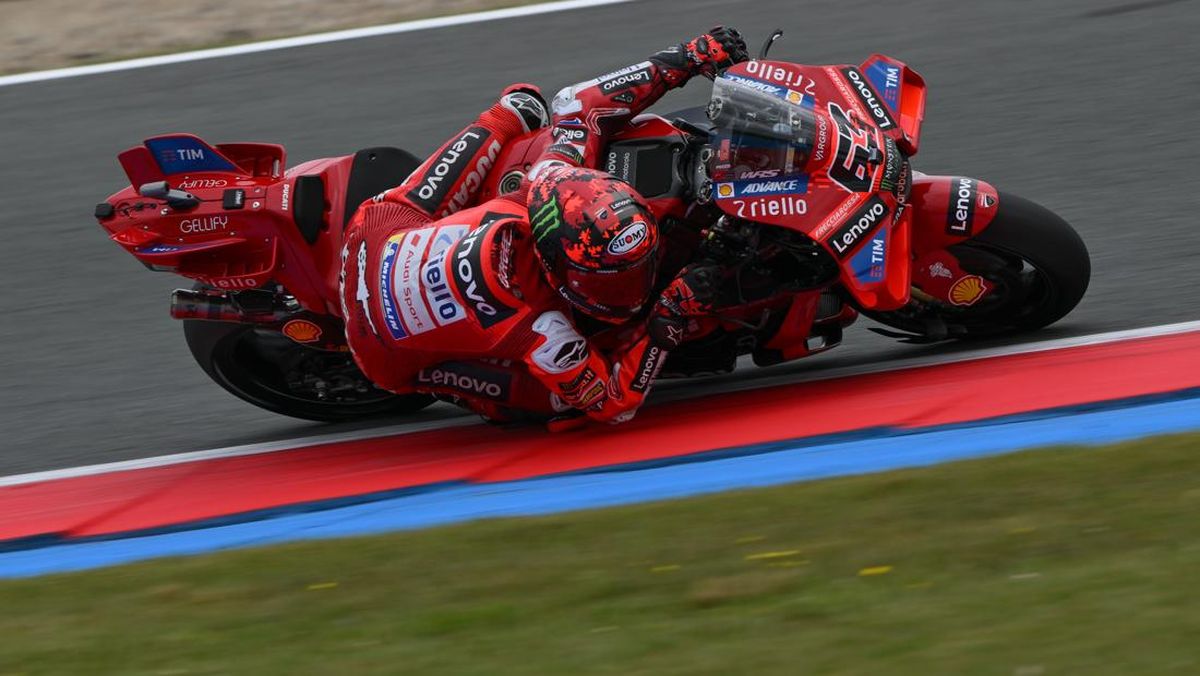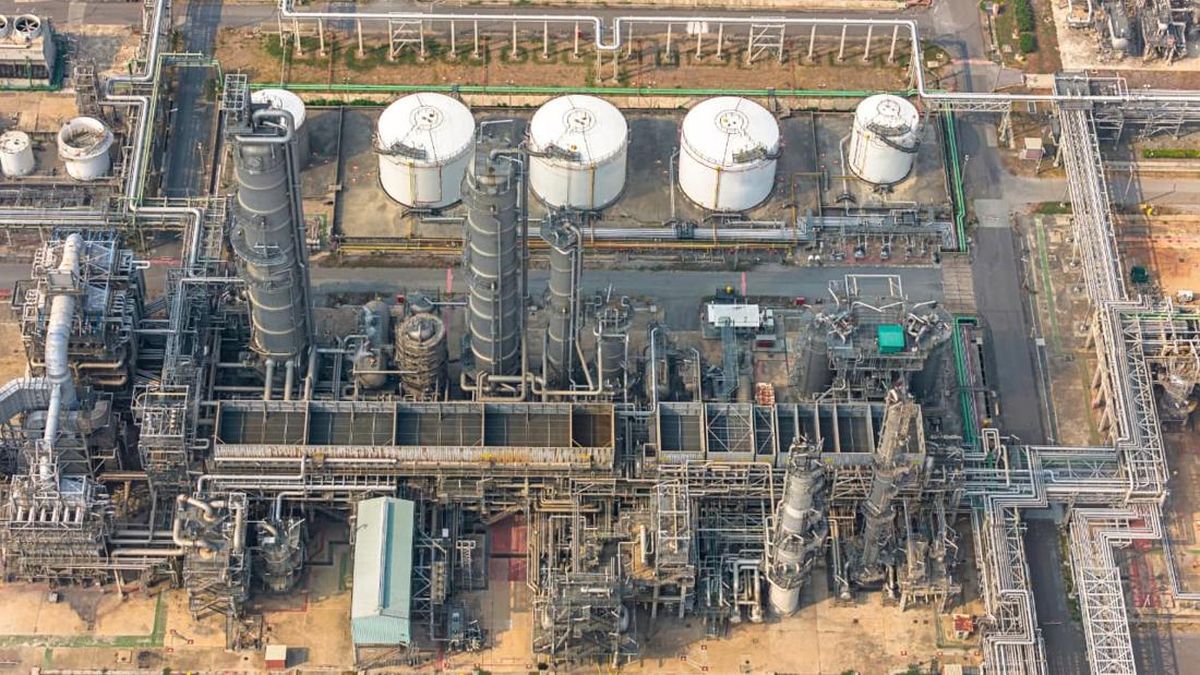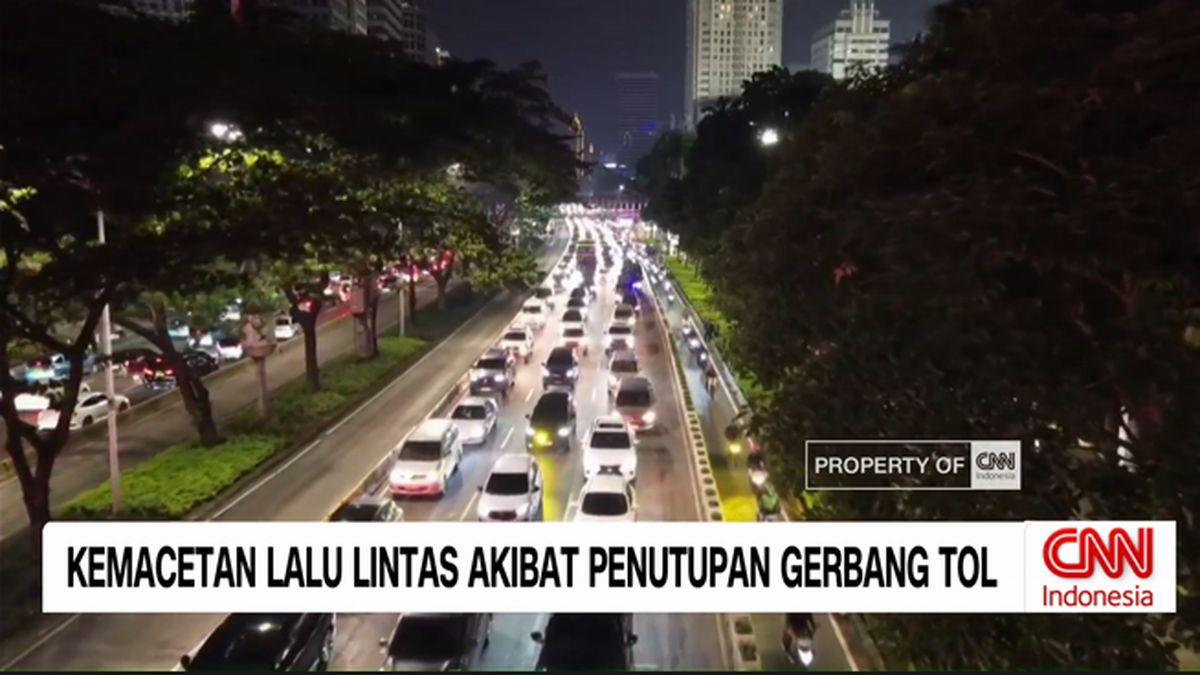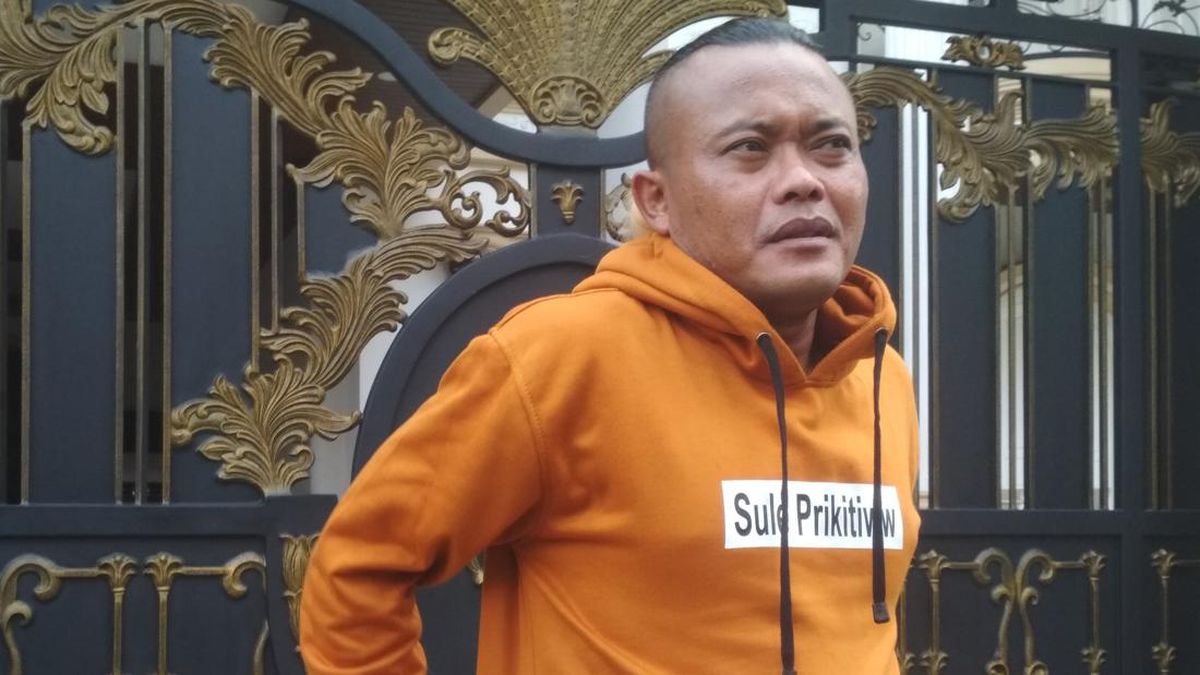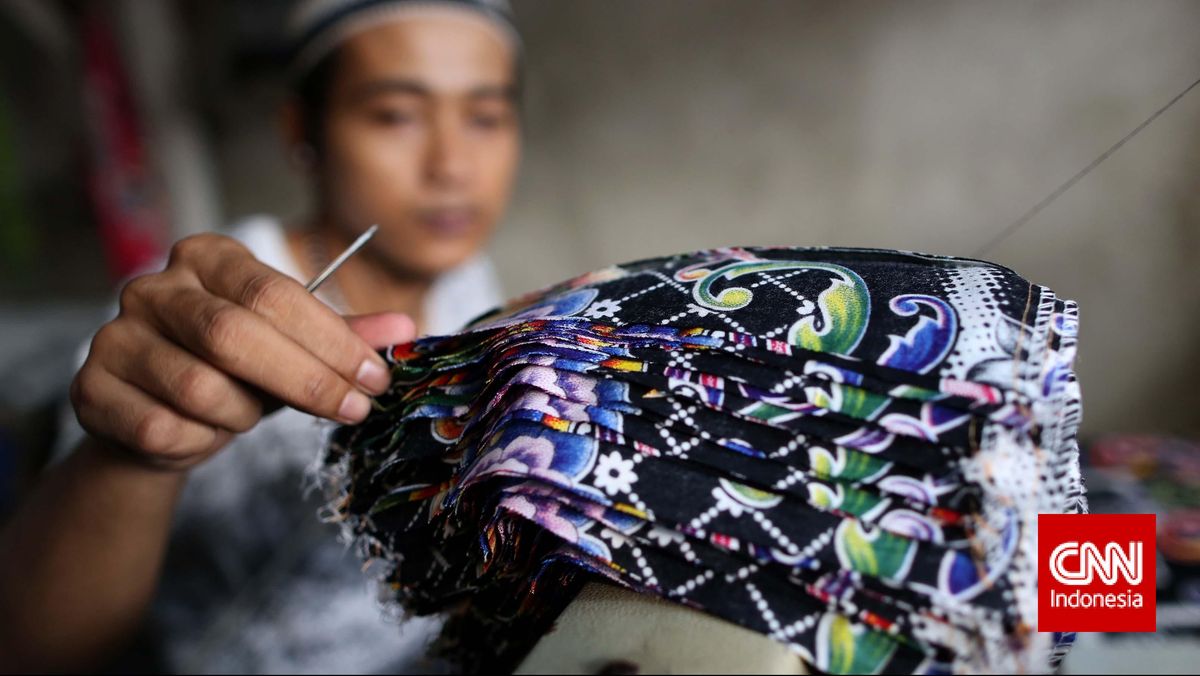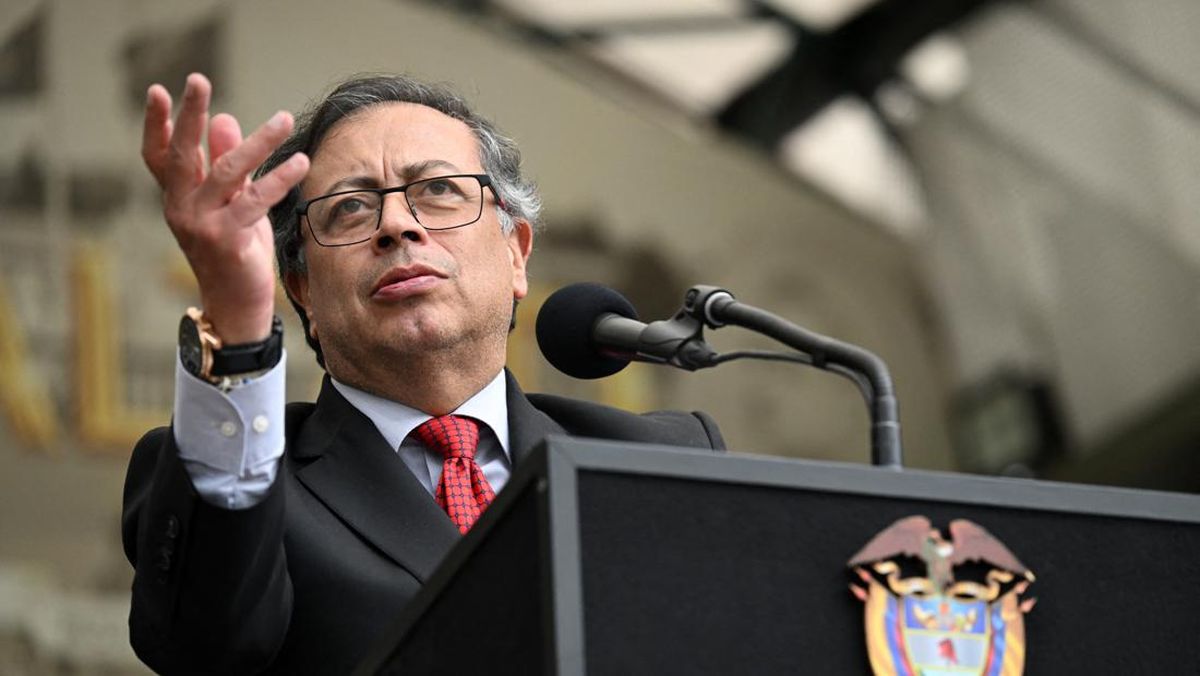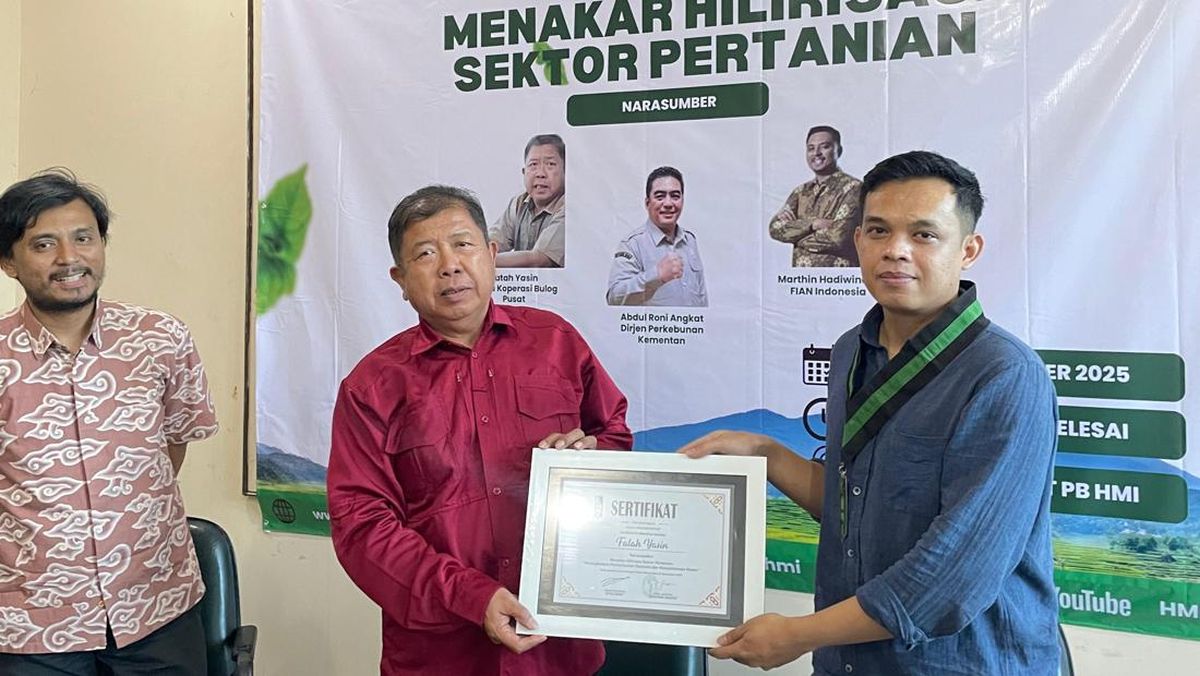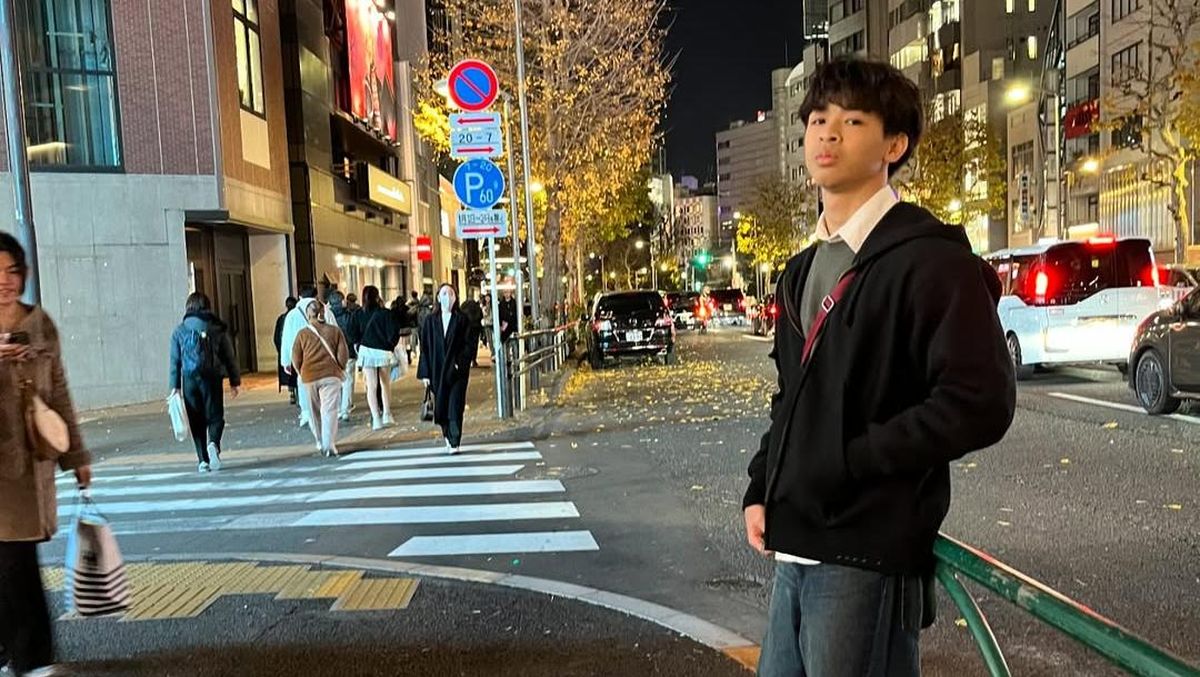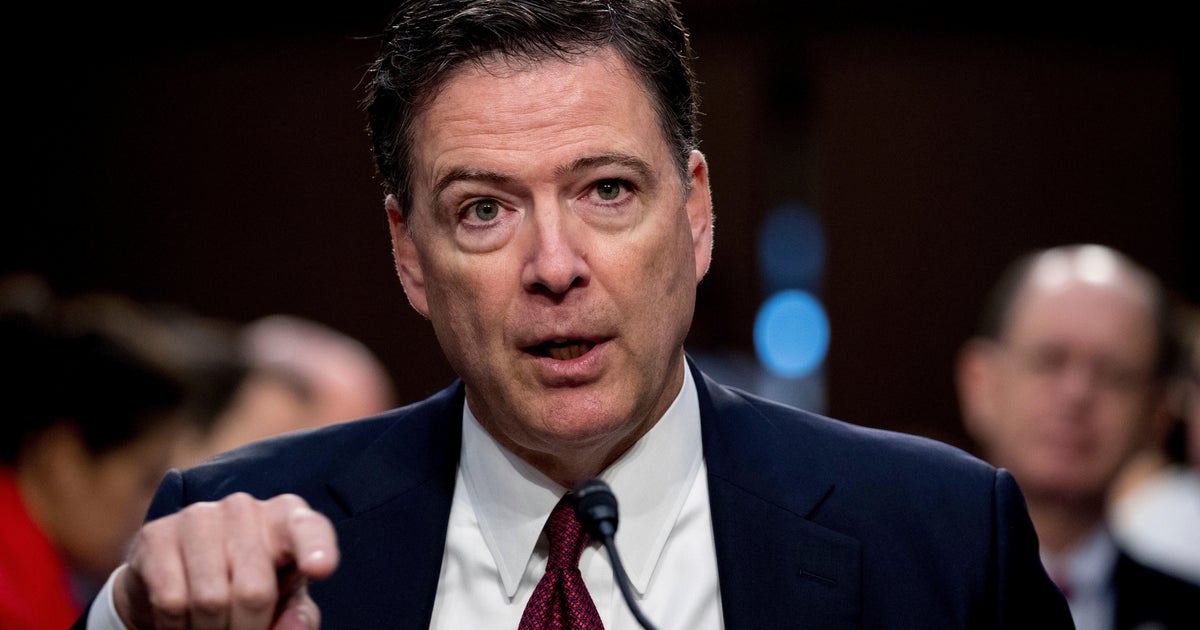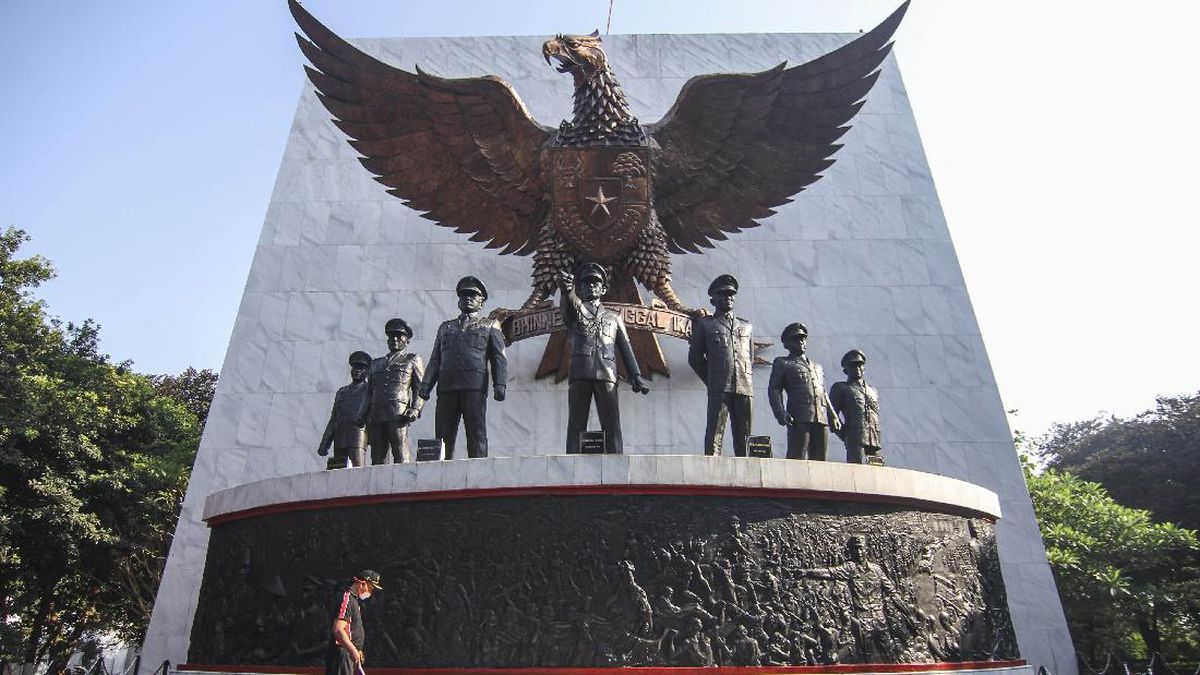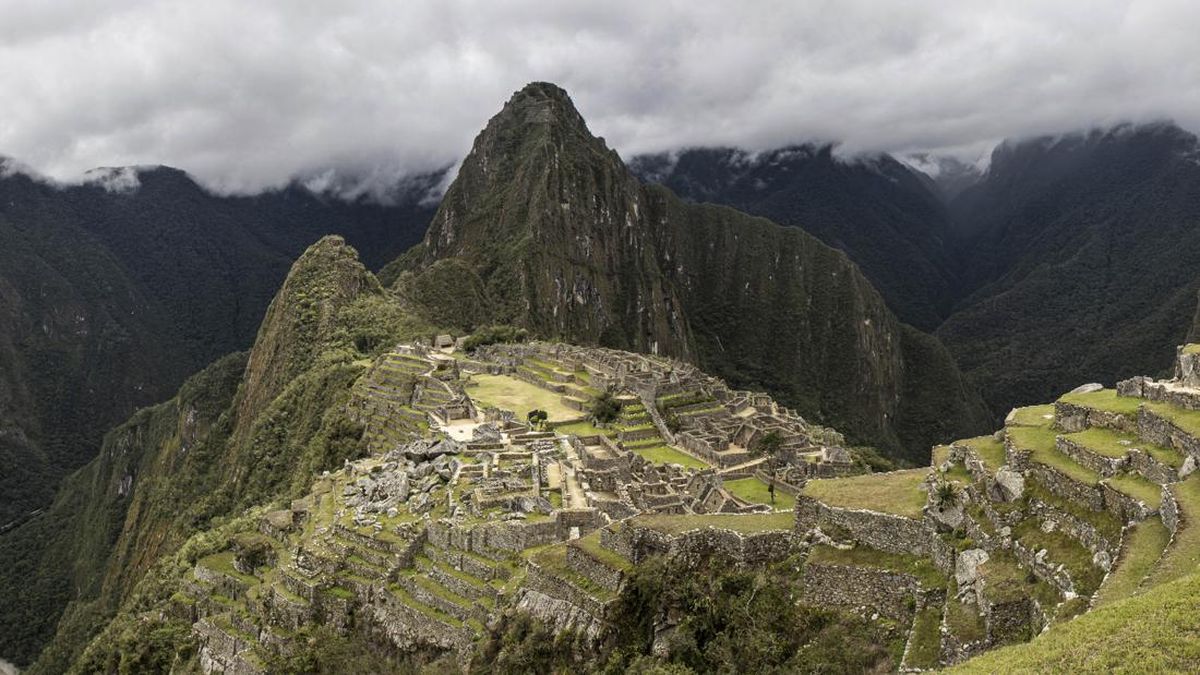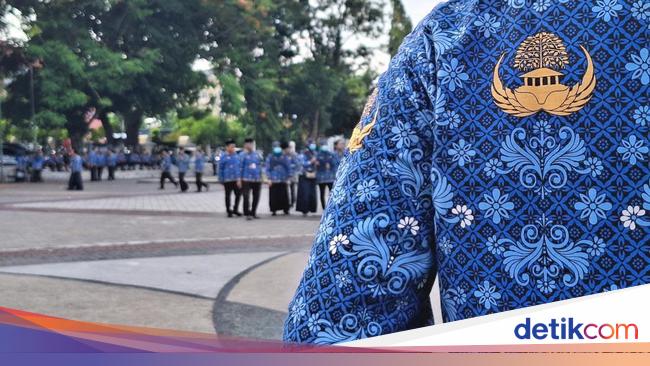New York: During his first term in office, the Coalition accused Anthony Albanese of being hooked on international travel. It was a petty attack, ignoring the fact international diplomacy is hard work, not a luxury, and that Albanese’s time spent abroad was about the same as his predecessors. The biggest event on the international relations calendar didn’t even make it into his diary.
Albanese didn’t attend the United Nations General Assembly in New York in his first three years as prime minister, regarding it as less central to Australia’s interests than regional summits like the Pacific Islands Forum and Association of South-East Asian Nations. After being re-elected with a thumping majority in May, Albanese decided now was the time to make his debut at UN headquarters, a gleaming modernist complex beside the East River in midtown Manhattan.

Prime Minister Anthony Albanese marks finally meeting US President Donald Trump with a selfie.Credit: Instagram/@albomp
It was a trip with two distinct and seemingly contradictory goals. First, to deepen Australia’s involvement at the UN, positioning Australia as a good global citizen and enhancing its status on the world stage. Second, to build ties with Donald Trump’s conservative-populist administration and secure his first meeting with the US president. On both counts, it proved a success.
Albanese departed for the trip amid swirling speculation about whether he would meet with Trump while in New York. Trump had cancelled the pair’s first planned meeting in June to attend to the war between Israel and Iran, and the first anniversary of his election victory was fast approaching. To the prime minister and his team, the media’s increasingly obsessive focus on when the leaders would finally meet was overblown. “We’ll meet when we meet,” Albanese breezily insisted last week. Some Australian officials have privately argued there is little to be gained, and a lot to lose, from a high-profile encounter with Trump, who sees bilateral meetings as an opportunity to “shake down” fellow leaders, even if they are close allies of the US.
Behind the scenes, though, Australian diplomats were working hard to schedule a meeting. And foreign affairs experts, especially those deeply invested in the US-Australia alliance, were beginning to grow alarmed by the yawning gap between Trump’s election victory and the pair’s first encounter.

Anthony Albanese on Donald Trump last week: “We’ll meet when we meet”. Credit: Dominic Lorrimer
“Donald Trump was elected president 10 months ago, and he and Mr Albanese have never met each other. This is unprecedented,” Lowy Institute executive director Michael Fullilove told this masthead last week. “The US-Australia relationship feels thin at the moment. Mr Albanese’s job is to thicken it.”
This set the tone for the early days of the trip, which existed in two parallel universes: the reality of Albanese’s UN engagements and the hypothetical world of a meeting with Trump.
From the beginning, Albanese’s demeanour was relaxed and confident. If the failure to strike security deals with Vanuatu and Papua New Guinea had wounded him in recent weeks, it didn’t show. The Australian foreign policy on display was self-assured and ambitious, seeking to exert influence on some of the biggest and thorniest issues of our age: resolving the Israeli-Palestinian conflict, tackling climate change and limiting children’s access to social media. It was a busy agenda, offering only rare moments of respite, like Albanese’s first walk around Central Park and dropping in for a beer at Old Mates, an Aussie pub in downtown Manhattan owned by celebrities including Hugh Jackman and Ash Barty.
Lavina Lee, now the director of the foreign policy and defence program at the United States Studies Centre, has questioned the perennial refrain that Australia is a plucky middle power, punching above our weight on the geopolitical stage. “We should view ourselves as more than a middle power. That’s a big bugbear for me,” she told this masthead in 2023. “Why do we keep calling ourselves a middle power? What we do matters.”

The prime minister looked relaxed for the entire trip, despite the high stakes. Credit: Dominic Lorrimer
Loading
The question, then, is what term to use: Australia may be more than a middle power, but it is not a great power, and certainly not a superpower. Throughout the trip, Albanese referred to Australia as a middle power, but one determined to shape, and even set, the global agenda. In his centrepiece address to the UN General Assembly, he promoted Australia’s bid to join the UN Security Council as a non-permanent member in 2029-2030, a role that would boost the nation’s influence at the highest levels of geopolitics. Foreign Minister Penny Wong has spoken about the bid before, but it has received little attention until now.
“The United Nations is much more than an arena for great powers to veto each other’s ambitions,” Albanese said in his speech. “This is a platform for middle powers for small nations to voice – and achieve – our aspirations.” There are two spots available and only two contenders: Australia and Finland. At this stage, success looks likely, and without requiring the costly vote-buying campaign Australia used to secure a Security Council spot in 2013.
On each of Albanese’s main agenda items at the UN, the philosophical divide between his government and Trump’s MAGA strategy was striking. Commentators who trot out rote formulas about Australia moving in lockstep with Washington, and behaving subserviently to American interests, haven’t been paying enough attention.

Prime Minister Anthony Albanese spoke to a hall with patchy attendance from world leaders, as is common at the UN despite its grand venue.Credit: Dominic Lorrimer
The divide between Australia and the US was on display on the first full day of Albanese’s trip, when Australia’s recognition of Palestine took formal effect. Having agonised and strategised about how to execute such a move for years, Albanese and Wong appeared utterly at ease with their decision. For all the doubts about its practical effects, to have let the moment go by without recognising Palestine would have left Australia on the outer as France, Canada and the United Kingdom used the move as a springboard to map out a plan for post-war Gaza. Wong and Albanese regularly say Australia is not a central player in the Middle East, but the government is clearly eyeing a bigger role there.
Wong spoke about Australia’s intention to work with Indonesia to rewrite the curriculum taught in Palestinian schools, after accusations learning materials have of promoted extremism and hatred of Israel. Albanese also expressed openness to Australian involvement in an international peacekeeping force that would replace the Israeli military in Gaza and help disarm Hamas. As in a peacekeeping mission in post-war Ukraine, any role for Australia would surely be small but still symbolically powerful.
Meanwhile, the Trump administration has disparaged the moves to recognise Palestine – Secretary of State Marco Rubio this week called it “almost a vanity project for a couple of these world leaders who want to be relevant, but it really makes no difference”. In his 58-minute address to the UN, Trump accused world leaders of rewarding Hamas for the October 7 massacre in Israel by recognising Palestine and “giving in to Hamas’s ransom demands”. None of these arguments stopped Australia from making the move.
On climate change, the difference was even more dramatic. After venting frustration at a faulty teleprompter, malfunctioning escalator and lack of marble flooring at the UN headquarters, Trump moved on to his biggest gripe: human-induced climate change. Describing it as the “greatest con job ever perpetrated on the world”, Trump argued the scientific consensus on global warming had been created by “stupid people”. He ridiculed the idea of producing mass electricity from renewable energy sources like solar and wind, saying he had repeatedly raised the issue with British Prime Minister Keir Starmer. “I’ve been right about everything and I’m telling you that if you don’t get away from the green energy scam, your country is going to fail,” he lectured the world leaders watching his speech, a crowd that included Albanese.

Donald Trump spent much of his General Assembly address berating UN members for their failures to control migration.Credit: Dominic Lorrimer
Albanese, meanwhile, came to the UN armed with a new emissions reduction target intended to show the world that Australia is serious about climate change. In an interview on climate change with The New York Times Magazine, published this week, the prime minister lamented “a rise of nationalism and individualism from many countries” – an unmistakable reference to the Trump administration, among others. Simply restating the government’s longstanding position – that climate change is a dire threat to humanity, and renewable energy is the key to stopping it – now sounds like criticism of the United States. This is Trump’s biggest change from the Biden administration, which was committed to green energy and reducing America’s carbon emissions.

Minister for Climate Change and Energy Chris Bowen and Prime Minister Anthony Albanese at the UN’s high-level event on climate change. Credit: Dominic Lorrimer
While Trump has withdrawn from the Paris climate accord, the Albanese government wants Australia to host next year’s UN climate change conference – another way to boost its prominence in the international arena. This week provided an opportunity to resolve a stand-off with Turkey over hosting rights, but Albanese did not gain a requested meeting with Turkish President Recep Tayyip Erdogan. Climate Change Minister Chris Bowen did meet with Erdogan’s wife Emine, a passionate environmentalist said to be integral to Turkey’s determination to host the summit. We’ll know soon whether the government’s efforts to break the deadlock have worked, or whether Germany will host the conference as UN rules dictate when there is a lack of consensus.
The most impactful event of the week was a breakfast hosted by Australia at UN headquarters promoting Australia’s world-first ban on children under 16 holding social media accounts. Standing out from the banal, formulaic speeches you often hear at multinational forums, Bathurst mother Emma Mason’s address moved the dignitaries in attendance by telling how relentless cyberbullying drove her 15-year-old daughter Tilly to suicide. “After Tilly died, I knew I needed to do something to protect the other Tillies,” Mason said, in a speech that drew a standing ovation. “I implore leaders and nations of our great world to act, and act now.” One veteran official remarked it was the first UN event he had ever attended that changed his mind.

Emma Mason speaks in New York, with a picture of her 15-year-old late daughter Tilly behind her.Credit: Dominic Lorrimer
European and Pacific nations look the most likely to follow Australia’s lead, which would be an impressive result for a so-called middle power. European Commission President Ursula von der Leyen said she was “inspired” by Australia taking leadership on the issue, and predicted several European Union countries were likely to follow. It’s a different story with Trump, who has opposed moves to regulate big tech since returning to office. “I will stand up to Countries that attack our incredible American Tech Companies. Digital Taxes, Digital Services Legislation, and Digital Markets Regulations are all designed to harm, or discriminate against, American Technology,” he said in a recent post on his Truth Social platform.
Yet, despite these vast differences, the White House revealed on Tuesday, New York time, that Trump had invited Albanese to an official White House meeting on October 20. The fevered speculation about when and where a meeting would take place suddenly subsided. The plans had been in the works since Trump cancelled the pair’s June meeting, explaining why Albanese and his team appeared so relaxed about the prospect of a meeting. That night, Albanese met Trump for the first time at a cocktail event, with Albanese later posting a selfie of the pair on social media.
As Albanese poured beers for Aussies at Old Mates on his final night in Manhattan, he looked not just at ease but chuffed. He had delivered his first national address to the UN and locked in a Trump meeting without sacrificing his progressive principles. The degree of difficulty was high, but he stayed aloft on the balance beam. Any worries about how to cope with Trump at the White House could wait for another day.
Cut through the noise of federal politics with news, views and expert analysis. Subscribers can sign up to our weekly Inside Politics newsletter here.
Most Viewed in Politics
Loading

